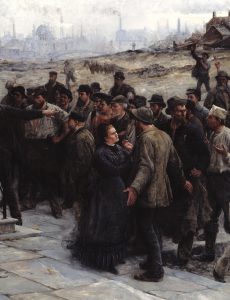
Investigating Alleged Russian Influence Is Cover Up for Pre-Election Show On State Television
The Sejm passed the Act on the establishment of the State Commission for the Study of Russian Influences on the Internal Security of the Republic of Poland in the years 2007-2022. The Commission is proposed to be a public administration body and will be tasked with disclosing alleged cases of widely understood acts of espionage or actions made to the detriment of the Republic of Poland committed by public officials under the influence of Russia.




























